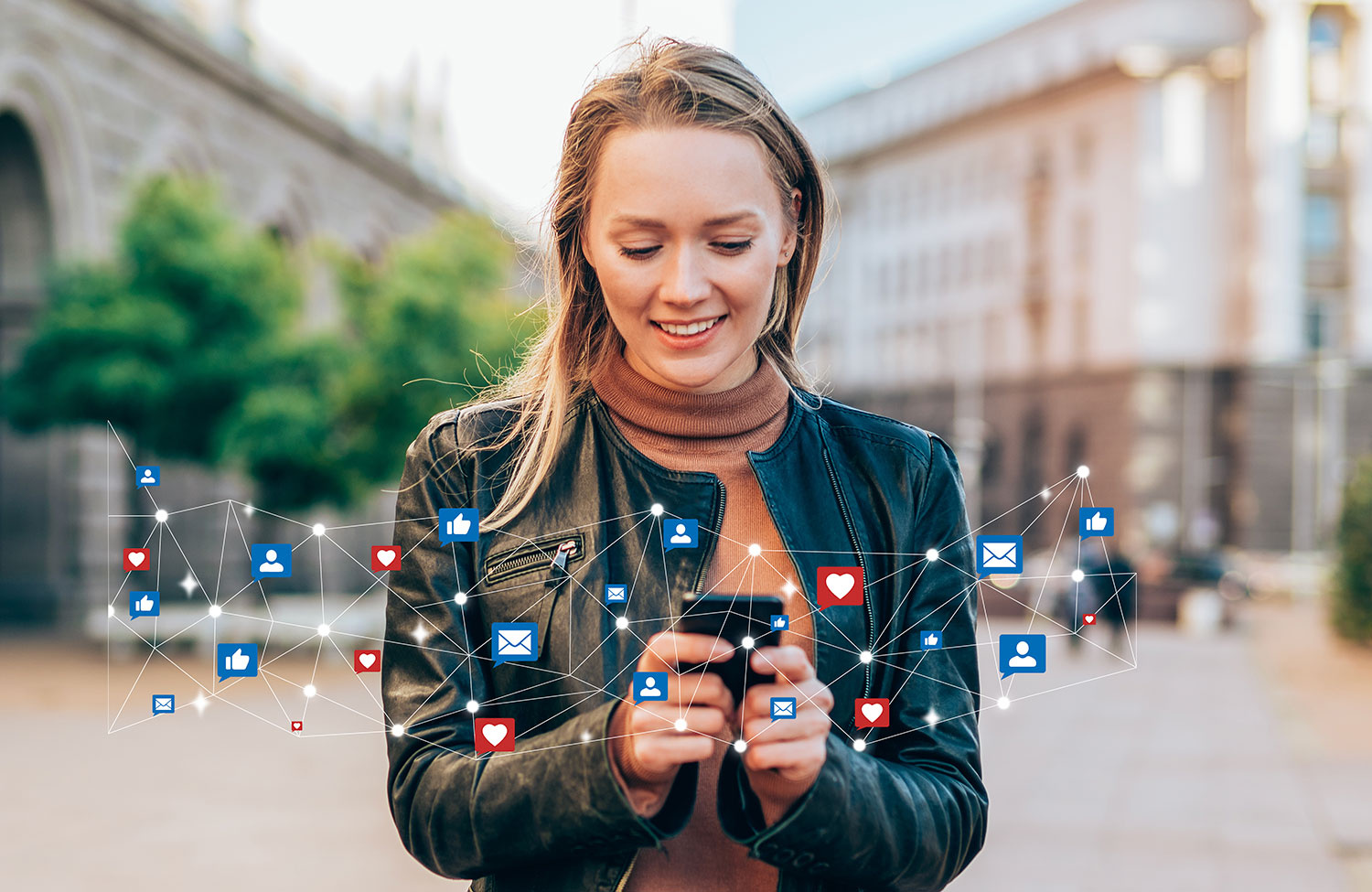New normal, new trends? Not exactly. At the start of each year, predictions are made as to the next ‘big’ thing that companies will prioritize. For the last few years, the same buzzwords and technologies seem to remain on top of marketers’ minds and priority lists — “personalization” and “artificial intelligence”. And these do not appear to be going away anytime soon.
However, it’s not all old news. Customer expectations are driving changes in the B2B space. Customers are customers – they want to be treated as individuals regardless of whether they are shopping for business or personal. With the blending of professional and personal lives, B2B and B2C customer buying behaviors are becoming more closely aligned. As a result, B2B marketers are embracing “new” strategies taken straight from the B2C marketing playbook to keep up with — or better yet, outpace — B2C experiences.
The Big one: B2Bs take on Branding
B2B organizations are doubling down on branding. Specifically, they’re focusing on creating value and differentiation while building trust with their customers.
Across industries, B2B marketing teams are putting more thought into messaging and graphic design. They are advertising on channels not traditionally associated with B2B target audiences — like social media and TV. B2B brands are steering clear of complexity in favor of clearly communicated brand messaging that reaches their target audience – regardless of whether it conforms with the traditional forms of past formats and channels. Buyers want information fast and there is a very short window in which to communicate it– successful brands (B2B and B2C) must be able to meet their customers WHERE they are in their journeys with RELEVANT content at a time and in a channel and format of their choosing.
In practice, more and more B2B marketers are getting bolder with their methods. Consider Shopify, an eCommerce platform that helps entrepreneurs start, run and grow their businesses. Shopify’s first integrated brand campaign, “Let’s Make You a Business,” ran in 12 key markets across the U.S. and Canada and included TV, digital video, out-of-home, radio and social advertising. The audience was the “next wave of independent business owners,” which required Shopify to abandon the stuffiness and complexities often associated with B2B marketing. The campaign was colorful, bold and featured a contemporary design not regularly seen outside of the B2C branding sphere. This type of successful B2C approach taken by Shopify helped them grow their number of business users and ultimately lead to an agreement with Walmart.
As a bonus, adopting B2C branding techniques can yield incremental value outside of just selling products and services. B2B companies are finding that leveraging B2C branding methodology can help them attract and retain key employees. With the increase in large acquisitions and the rising trend of B2C tech organizations expanding into the B2B sector (e.g., Amazon Business and AWS), there is an ever growing need to attract and retain key skilled talent. Launching a visually attractive, modern branding campaign that portrays a B2B company as a contemporary and approachable organization often does the trick.
Recurring trends
Rapid innovation and evolving customer expectations have all but guaranteed personalization and artificial intelligence a tenured spot on B2B marketing plans for the next several years.
Personalization
B2B marketers know customers are not homogenous, yet still struggle to market with personalization at the core: 91% of senior decision makers say their companies need to improve these capabilities (Adobe 2019). And thanks to giants like Amazon, personalized experiences are vital to brand survival. Today’s customers expect tailored purchasing experiences. Many B2B brands have been working to implement solutions that will move toward omni-channel marketing that are personalized across business functions with contextual relevance and dynamic
When executed well (i.e., based on data) personalized marketing can produce massive ROI for an organization. For example, website content that leverages a customer’s browsing activity combined with their historical purchase data can enhance their brand engagement and result in improved revenue, increased customer loyalty and better lifetime value.
Artificial Intelligence (AI)
Personalization and AI go hand-in-hand — it’s difficult to push the boundaries of personalization without the support of AI
AI-powered chatbots are now a common feature on B2B websites to provide personalized communications. Both B2B marketing and B2B e-commerce will continue to face pressure to adopt AI. AI itself is becoming more than a buzzword — it’s a standard practice that forward-thinking B2Bs will continue to refine and master across business functions. For context, 57% of marketers say that AI is absolutely or very essential in helping their companies create personalized marketing campaigns.
It’s all about the data
There’s a reason why AI and personalization continue to top trends lists: Companies are struggling in their implementation, with many pointing to a lack of the necessary infrastructure. In fact, only 26% of business leaders across sales and marketing have complete confidence in their organizations’ ability to define an AI business strategy. B2B marketers still have work to do.
Everyone wants offer AI-powered personalized experiences, but success hinges on capturing and properly managing data. Attempts to manage data internally may overwhelm their IT teams and internal resources. Alternatively, a reliance on 3rd party tools and organizations to parse and develop insights from their data can result in your data not being fully optimized because- while the tools have a data component, it is not typically a core competency
While the nuances that define each company’s data might not seem like critical differentiators to a casual user or observer, for experts that handle data exclusively, these distinctions are crucial. This is where external data providers that enable brand engagement and personalization at scale can help companies achieve success.
Measuring success
Measurement is essential to the success of any marketing initiative, but how will brands measure the success of artificial intelligence? How will B2B organizations quantify personalization or measure the impact of branding? How will they leverage data to justify these trends? These are some of the questions successful B2B marketers will need to answer.
Looking ahead, more than just these three trends will impact B2B marketing. Buyer preferences are subject to change and B2B marketers must stay on their toes — keeping an eye out for opportunities and taking a page out of the B2C Marketer’s playbook to fully use the latest trends to their advantage.




